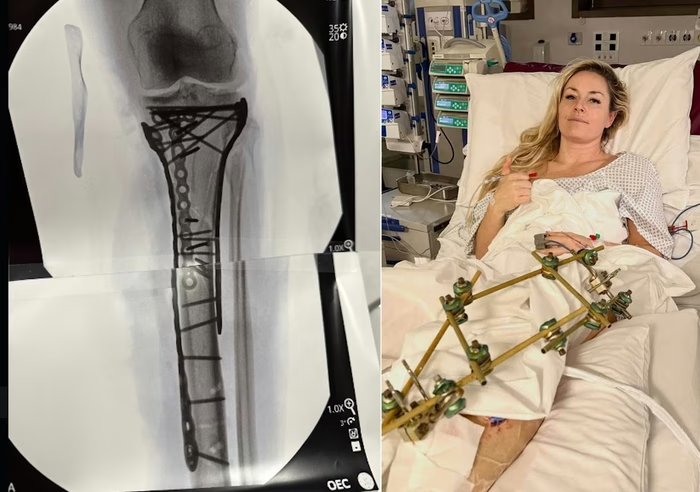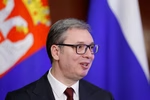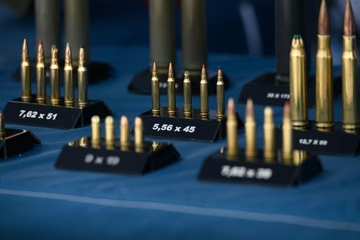Dodik claims British person runs office in Sarajevo to prevent Russian influence

A centre to prevent Russian influence has been formed in Sarajevo and it is run by a British national, according to Bosnian Serb leader Milorad Dodik, who said he was familiar with the name of the foreigner.
Oglas
“There is one department in Tirana and one in Podgorica. They register the persons from governmental and non-governmental organisations, people in institutions and, as far as I know, there are over 300 persons on their list who spread Russian influence,” Dodik told Serbian media.
The pro-Russian Bosnian Serb leader, who is currently Chairman of Bosnia’s tripartite Presidency, was for several terms acting as either a Prime Minister or President of Bosnia’s Serb-dominated region Republika Srpska (RS) with his SNSD party being in power for four consecutive terms.
Speaking for Happy TV, Dodik said Russia led a positive policy in the RS. Also, he is not against the US policy but does object its interference in internal matters and imposing.
Oglas
He pointed out that there is a presence of other countries' intelligence services in Bosnia.
“It is not incorrect that Croatian intelligence service operates in Bosnia and Herzegovina, just like the German, British and American,” he said.
The international community in Bosnia, Dodik added, seized many competencies from the Republika Srpska and transferred them to the state level. But of two entities composing Bosnia, this is, according to him, the most stable part.
“Republika Srpska has all elements of the state, it respects the international law, it is a peace and stability factor in the region and has no aspirations towards anyone,” he stressed adding that no decision can be made in the country without the Serb-majority region.
Oglas
Bosnia and Herzegovina, according to the Serb leader, “has serious problems of its identity.” The international community's presence in the country is still strong and the country exists thanks to the activism of foreigners and the High Representative, the official that the international community appointed to oversee the implementation of the 1995 Dayton Peace Agreement which ended the war in Bosnia.
“The High Representative created an unsustainable Bosnia and Herzegovina with its imposed measures, from the point of the people's will to live there, from the point of the system, its functionality and relations in the region,” he said.
Kakvo je tvoje mišljenje o ovome?
Učestvuj u diskusiji ili pročitaj komentare
Oglas
Kakvo je tvoje mišljenje o ovome?
Učestvuj u diskusiji ili pročitaj komentare
Oglas





 Srbija
Srbija
 Hrvatska
Hrvatska
 Slovenija
Slovenija



























































